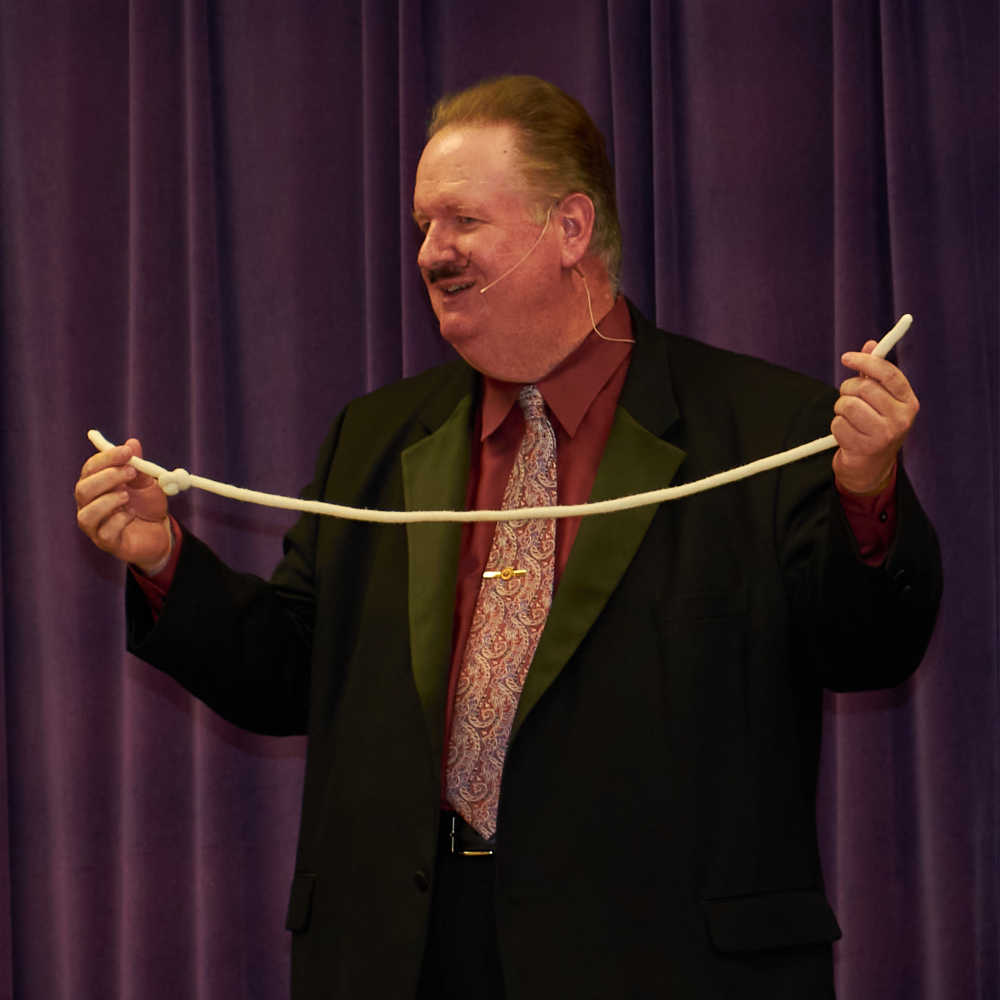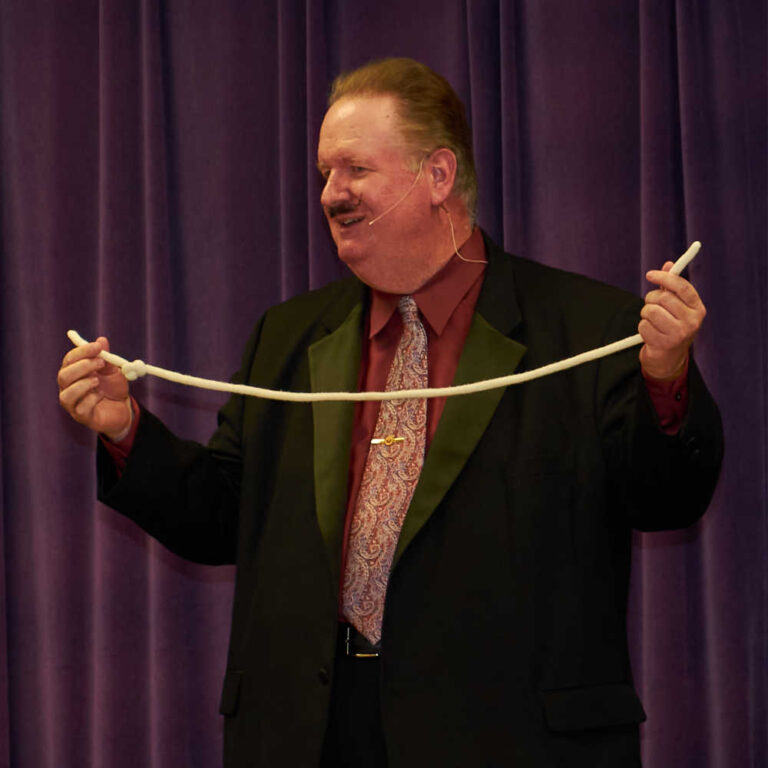One built-in characteristic of delivering a unique service is that most people have never experienced what you do. Unlike more familiar services – lawn care, office cleaning, computer repair, legal representation, etc. – most people haven’t got a meaningful point of reference from which to evaluate the services of a mentalist, magician, or a professional keynote speaker. This often puts them at a disadvantage when trying to select an appropriate, high-quality provider.

Most people have plenty of experience listening to, say, bands or singers. Music surrounds us in our everyday experience. If someone hires a singer and they give a bad performance, the next time the question comes up then most people will say, “That singer was bad – let’s get a different singer.” This is because they have enough experiences with music to know that the one experience they had was of poor quality, but that better experiences are certainly out there to be had.
That’s not the case with mentalism or magic. In those cases, people who have a bad experience often conclude not that the performer was merely sub-par, but that the entire art form is largely of similarly poor quality. Because most people don’t have everyday experiences with these arts, many clients react not with “I didn’t care for that performer,” but rather with “I don’t like magic – let’s do something else.”
Likewise, most people probably will not see more than a dozen professional speakers in a lifetime. Meeting planners and convention committees deal with professional speakers and entertainers regularly, but most people have never had to consider what might make one a better fit than another for a given audience.
Because there are so few points of reference, it can be difficult to establish a scale for evaluating quality. Here are six tips you may find useful.
- Ask for specifics about experience. People who claim they are perfect for “all occasions” probably aren’t. Your budget will bring a better return when you discuss the specific event with the provider, ask about their specific experience in that environment, and follow-up on the references they give. When the performer or speaker takes a bow, how will you feel if they thank you by name for hiring them?
- Consider awards and credits with a grain of salt. The words “award winning” are suspect. If an award intrigues you then ask about it, but so many awards are available and offered to performers in so many circumstances that it’s almost impossible to find a performer who can’t claim to be “award winning” in some way.
- Check for online reviews. Do a Google search on the person’s name and look for reviews. Look beyond performers’ web sites themselves; check their LinkedIn and Google profiles. Check other sites like Kudzu, Meetup, and Yelp. Fifteen minutes of internet research can save your event as well as your reputation.
- Analyze the promo video. Do they provide footage of performances in front of a variety of audiences in a range of venues, or is their entire promo kit built around a studio shoot and a set of photos from one event? Check their YouTube videos, but consider whether it was shot at home, in a studio, or in front of real clients.
- Don’t fall in love with a low quote. The performance you’ll get from the undercutters is only going to result in a poor experience for your audience and a blot on your reputation. I’ve written before about the high price of cheap entertainment, and it’s worth remembering that even when budgets are tight, quality counts above all. It’s better to stretch on the entertainment budget than to have beautiful lighting and decorations around a performer or speaker you wish your audience would someday forget.
- Be honest and ask for a referral. When you find the speaker or performer who’s right for your group, work with them about what you really can and cannot afford. Most of us are willing to make mutual concessions in the course of good faith negotiations. If the numbers just won’t work, ask that person for recommendations of other quality performers who might meet your budget constraints; then trust their advice. Remember – the experienced performer knows how their unique service has fit into a variety of events and venues, and they also know the quality of other artists and speakers in the marketplace.
I have always found that it only enhanced my own reputation and client relationships to help clients find suitable alternatives when I’m out of range or unavailable. I hope these tips help you navigate the sometimes-confusing process of evaluating unique services.







One Response
Hi Joe!
I am so impressed of your tips in helping
the right person for the job.
Even though the tips are for
the meeting planners,
certainly did help me a lot
by knowing what meeting
planners are expecting for
the speaker the want to hire.
More power to you and hope to see your show.
Celine